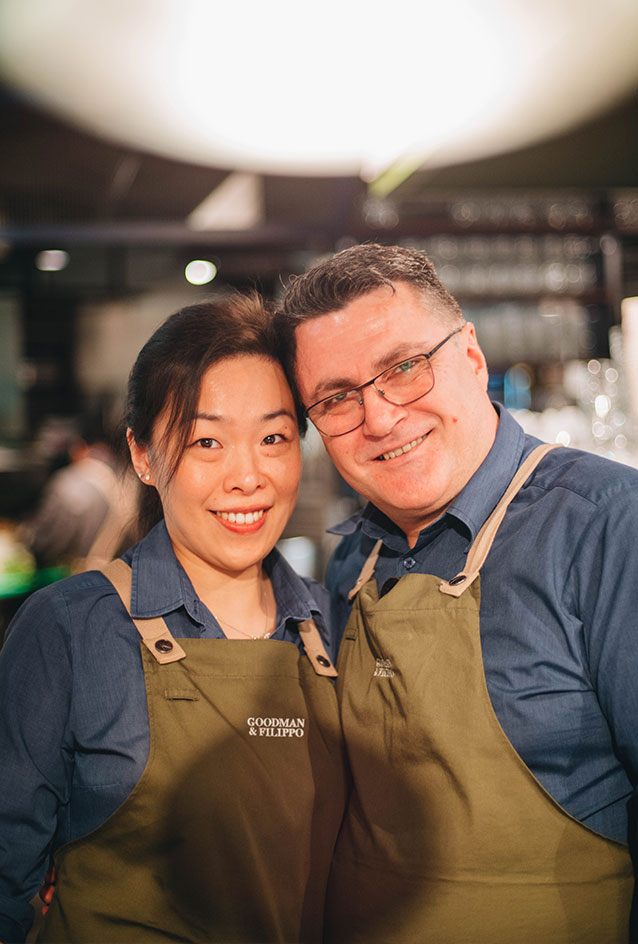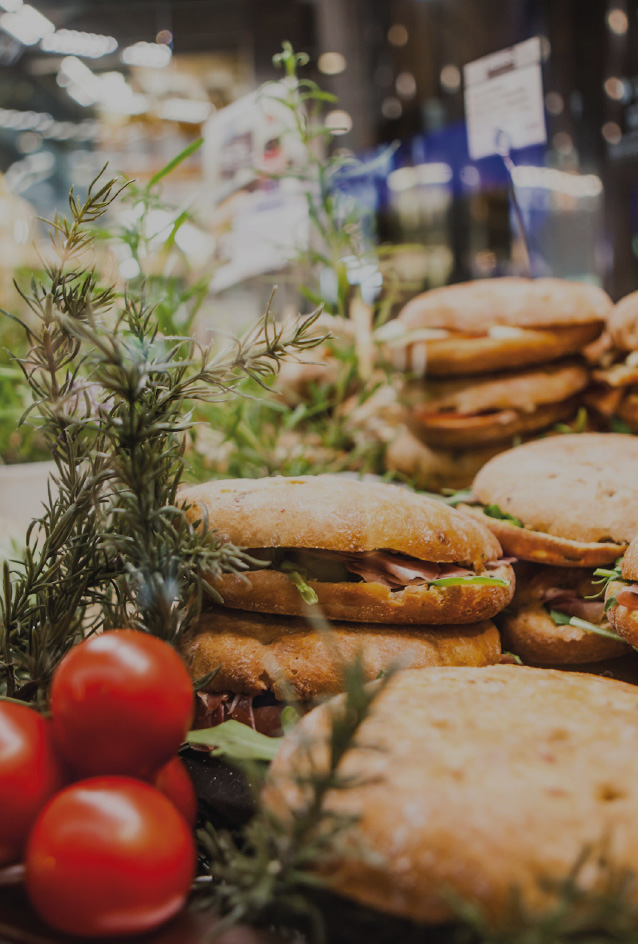Thinking sustainably about our future!
If companies are sincere about the subject of sustainability, then it is important for them above all else to take responsibility, not only for people – employees and customers – but also for the products that are manufactured and sold as well as for the environment, which must be protected and preserved. After all, only comprehensive action can ultimately help to ensure that we as a company make a valuable contribution to the future of our planet.
Thinking sustainably about our future!
If companies are sincere about the subject of sustainability, then it is important for them above all else to take responsibility, not only for people – employees and customers – but also for the products that are manufactured and sold as well as for the environment, which must be protected and preserved. After all, only comprehensive action can ultimately help to ensure that we as a company make a valuable contribution to the future of our planet.
‘We measure the success of our products not only by sales, but also by their sustainability in terms of a balanced and climate-friendly diet.’


Michael Schorm,
Managing Director
Casualfood wishes to use its products to be a pioneer in the responsible and sustainable use of our resources. Our product ranges should give consumers the opportunity to have access to a good selection of balanced, environmentally friendly alternatives even when they are on the move.
1. Balanced diet
1. Balanced diet
Our understanding
We want to make it easy for our customers to eat consciously. In addition to emotional food, we make our contribution by paying attention to balance, wholesomeness and choice.
Our approach
Customers will always find a wholesome range of products at Casualfood. Each of our concepts also features healthy food options. This allows our guests to eat healthily, responsibly and sustainably when they are travelling. We focus carefully on the needs of our target group at train stations and airports and have come up with different food specials depending on the length of the trip and the reason for it.
Our aim
We have determined how high the proportion of sales accounted for by fairly and sustainably produced products is and derived a target for 2026 from this.
2. Sustainable products and supply chains
2. Sustainable products and supply chains
Our understanding
We are aware of our responsibility when choosing products and suppliers. By setting sustainable standards, we can serve as a leader for others in the area of sustainability.
Our approach
We rely on an increasing proportion of seasonal and regional offers, organic and fair trade products. We have already been able to introduce organic tea in all branches, as well as fair trade sugar and coffee. In order to respond to the great demand for vegan alternatives, we have also implemented a purely plant-based concept.
Our aim
We have determined how high the share of sales is from sustainably certified products (organic, fair trade, etc.) and derived our goals for 2027 from this.
3. Responsible marketing
3. Responsible marketing
Our understanding
Our commitment to sustainability will be directly visible to our customers, e.g. through our own sustainability brand POP (Protect Our Planet), which can be seen on all coffee cups and bags. Our position will be underpinned by a website on which we take a stance on all sustainability matters relevant to us and by our Sustainability Report. If we want to be credible, this commitment must also be evident in product recommendations and other marketing measures. Casualfood’s own POP campaign is a good example of this.
Our approach
We are constantly working to make our packaging even more sustainable (e.g. for Christmas presents). Wherever possible, we are increasingly using digital – and thus resource-saving – communication tools. Our marketing measures are also geared towards sustainability and we refrain from advertising unhealthy food for children.
Social Media:
We draw attention to our responsibility for our planet in our posts. We do not advertise products that are incompatible with our sustainability strategy.
B2B communication:
We do not use samples or printed seasonal greeting cards. With the money saved, we have been supporting an initiative since 2022 that is committed to the protection of bee colonies whose biodiversity is threatened.
Our aim
Our commitment to sustainability should be evident in all marketing measures.



